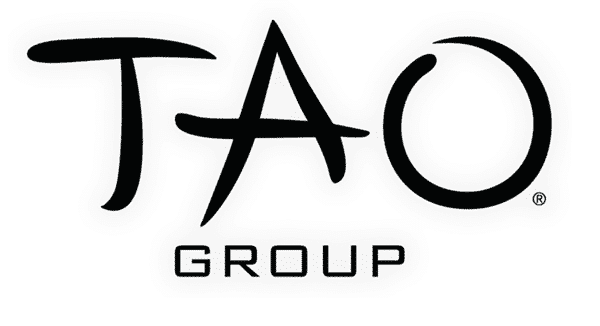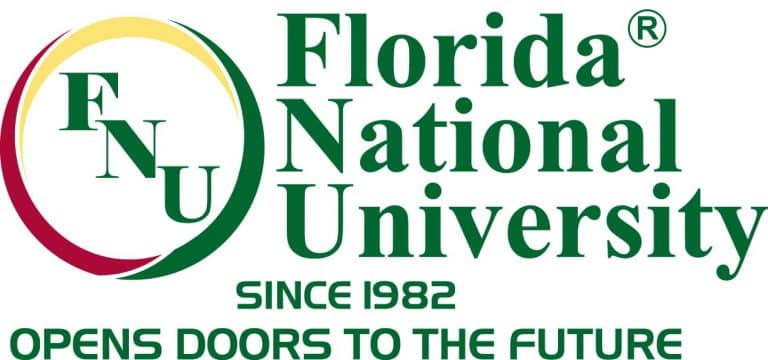Search engine algorithms are the creatures lurking in the darkness. We know they’re there, watching us, but we can’t see them ourselves. Search engine optimization (SEO) is the practice which has been invented to feed these unseen beasts and to keep them happy – and on our side. Unfortunately, these beats are always learning, so what they liked before just won’t cut it now. Monster metaphors aside, yesterday’s SEO may be doing you more harm than good. Here is Next Level’s helpful guide to outdated SEO tactics that you should stop using now.
 Stuffing Keywords
Stuffing Keywords
One of the most obvious SEO tactics that you need to avoid is keyword stuffing. In the dark ages of search engines, algorithms weren’t as advanced, meaning stuffing keywords incessantly into web pages was an effective way of improving rankings. Instead of sprinkling keywords here and there in a more natural way, keywords were shoved down readers’ throats – making sites unwieldy and annoying.
Fortunately, Google has caught up to these underhanded tactics. The modern algorithms employed by search engines can easily weed out sites which try to stuff keywords, meaning they are a hindrance to rankings, rather than a benefit, so cut them out! Plus, stuffing keywords makes it seem as if your team doesn’t know what they’re doing, which is never a good image to portray to visitors.
Pages for Every Keyword Variation
In the old days, creating a new webpage for every variation of a keyword was the norm. However, this way of SEO-thinking is outdated. Search engines have come a long way over the last decade, making this antiquated practice foolhardy at best.
The introduction of Google’s Knowledge Graph was the first nail in the coffin of separate pages for each keyword variation. The remaining nails have since been hammered home by RankBrain. RankBrain is the trendy name given to Google’s artificial intelligence system which is exceptionally good at learning and understanding user-intent.
What exactly does all of this mean? It means RankBrain understands that if a user is searching for air conditioning repair, then air conditioning servicing, air conditioning tune-up, and countless other related keyword searches are also relevant. Simply leaving the old pages there can negatively affect Google rankings, meaning it may be time to prune some of those overgrown branches on your site.
Meta Optimized for Search Engines, Not Humans
Metadata is an essential part of any successful SEO campaign. Meta descriptions are a critical factor in how search engines view your site, so the tendency to want to write to appease the search engines is all too understandable.
As we’ve covered previously in our blog “How to Write Meta Descriptions,” Google claims that meta descriptions have no direct benefit to Page Rankings, but in reality, Google’s algorithm rewards sites based on click-through rate. This means that the more people that click on your link, the better your ranking will be.
Therefore, simply writing for the search engine is a foolish idea. If the meta is optimized for Google, people may not click. Clunky, keyword-laden meta is as unattractive as it is unreadable. By optimizing meta descriptions for humans, you can entice people to click, and thus kill two birds with one stone – increased traffic and improved rankings!
Exact-Match Domains
Having an exact-matching domain used to be all the rage and it’s easy to see why. If you were looking to rank highly, having your site be the keywords you want to rank for is pretty enticing. Unfortunately, Google quickly caught on to this trend and adjusted their algorithms accordingly.
This means that while having an exact-match domain may still seem like a worthwhile expenditure, they have a higher than average rate of being flagged by Google – or other engines – as spam. Also, they are much more difficult when it comes to branding. This can be a serious turn-off to potential visitors, who may view the website as less trustworthy than a more unique domain.
Low-Quality Content
Low-quality content is a killer. Sure, having low-quality content is probably better than having no content at all, but not much better. High-quality content is the thing that will keep readers engaged – and hopefully coming back again and again.
Crafting the perfect content doesn’t mean it has to be needlessly long. Long form content is great, but all too often it is full of fluff to bulk it up. People don’t want filler – they want the information that is relevant to them. Crafting the perfect content is about understanding your audience and speaking to them in language that is both easy to understand and relatable. So, stop pumping out shallow, meaningless text just for the sake of it – write less and tell more!
Minimizing Text on Pages
If you’re unable to create high-quality content like what was just mentioned above, you might consider filling up your website with catchy videos and images. That’ll fix everything, right? Wrong. Unless your name is Buzzfeed, having a minimal amount of text may be doing a lot more harm than good.
Videos and images are great – they entice the eye and make users linger on your site for longer. But without meaningful text to help curate these items, search engines will tend to view them as unimportant. Being viewed as unimportant can seriously hamper your rankings, so make sure to cut it out!
Take Your SEO to the Next Level
If you’re thinking about boosting your SEO campaigns, now is the perfect time to partner with a team as dedicated to building your business as you are. Next Level Marketing’s world-class marketing team has the know-how to provide you with cutting-edge social media marketing techniques. Our experienced team will work exclusively with you to discover what sets you apart. We will create a compelling strategy to dynamically develop your business visibility and awareness, as well as take a holistic, evolutionary approach to continually deliver exceptional results.
So, if you’re ready to take your business to the next level, give us a call today at 1(844) SEM-NEXT for a free consultation.




































